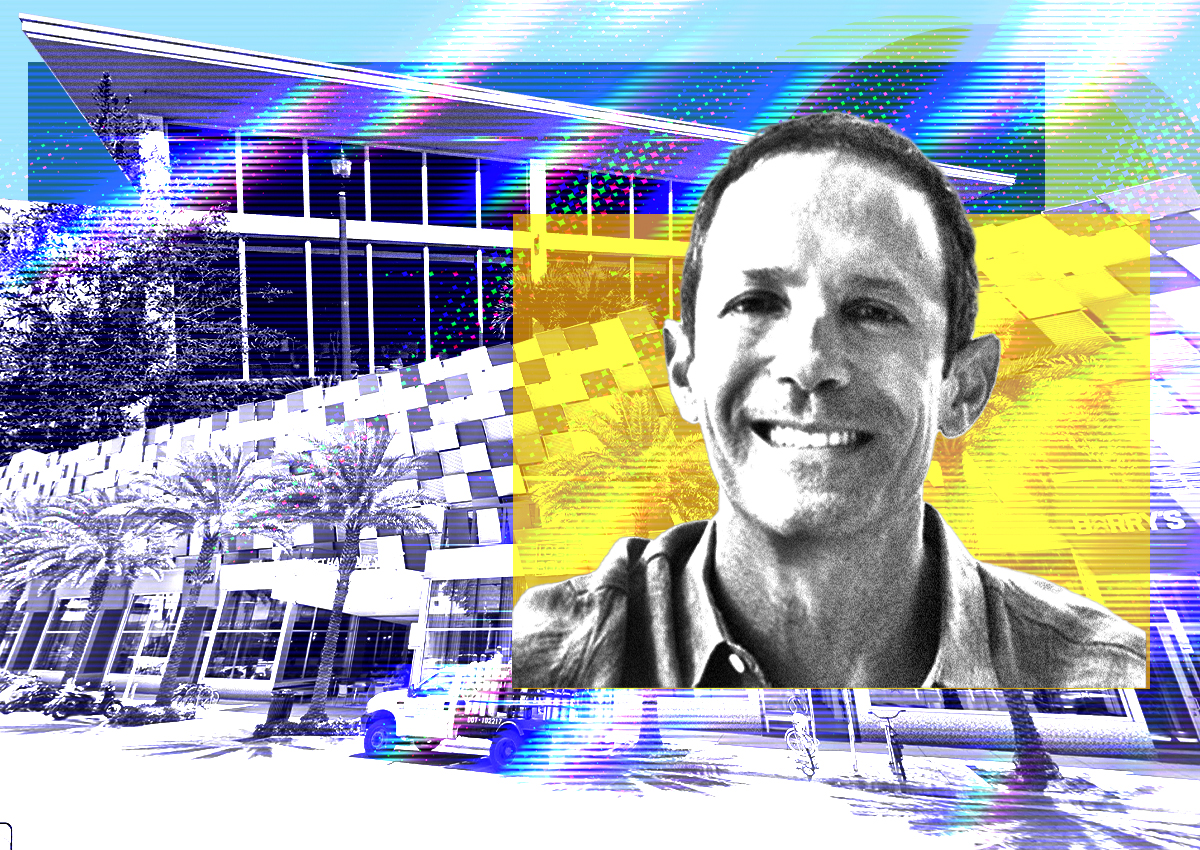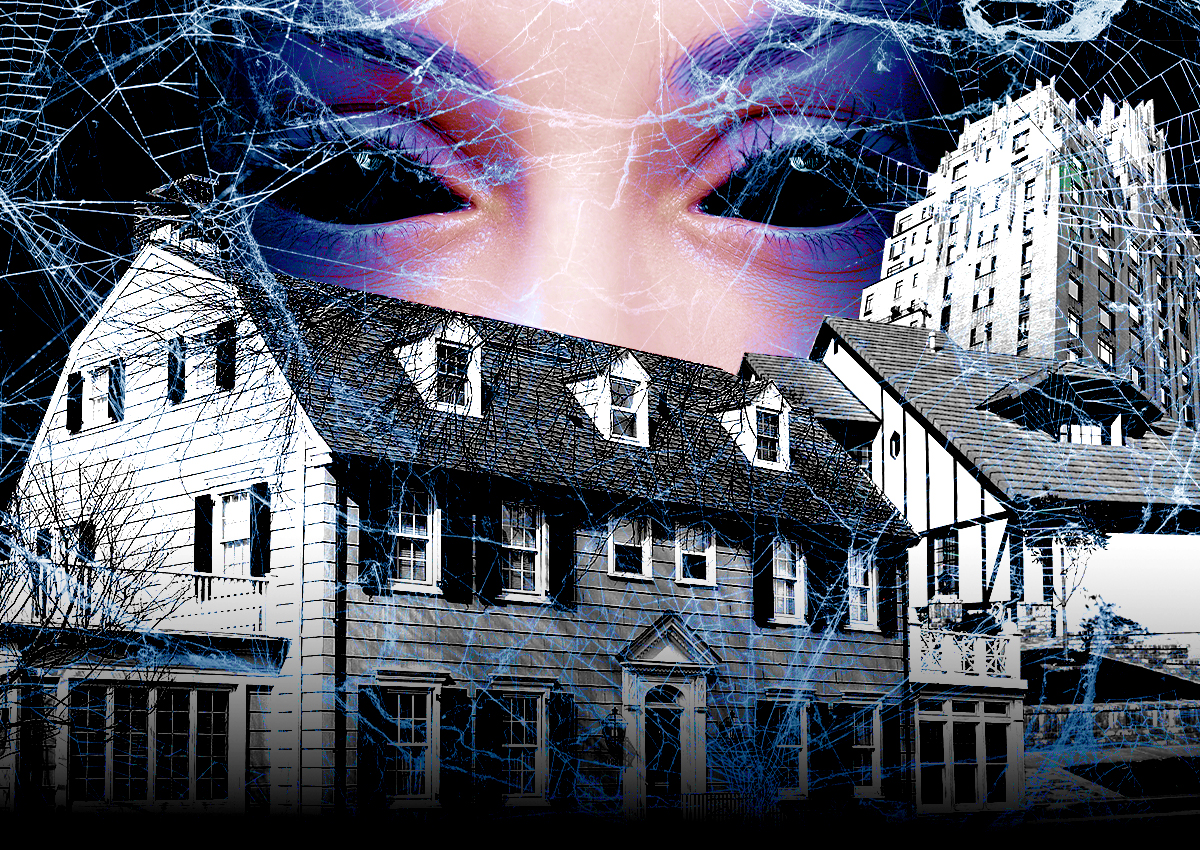
Lawmakers voted on a number of real estate-related bills this legislative session that Governor Ron DeSantis has signed or is expected to sign into law.
The meeting ends Friday. A pair of bills that would have allowed the demolition of property in the coastal city’s historic district failed in the Florida House of Representatives last week as lawmakers wrapped up a busy session.
Here’s what passed and what didn’t:
SB 102 | Affordable Housing | Status: Signed into law
desantis has signed into law A landmark housing bill incentivizes developers to build affordable workforce housing, allocates more than $700 million in funding and replaces local zoning rules. It will go into effect on July 1.Read more about the Act here.
HB 1355/SB 264 | Restricting Foreign Investment in Real Estate | Status: Signed into Law
DeSantis also signed the Sister Act limit foreign investment Florida real estate from China, Venezuela, Cuba, Russia, Iran, Korea, and Syria. The law prohibits Chinese nationals and businesses living in China, as well as non-U.S. citizens or residents, from buying real estate. Those who currently own real estate and fall within these parameters must register their ownership with the state, a legislation that has been criticized in comparison to Nazi Germany.
Foreign investors from other “countries of concern,” including Venezuela and Cuba, are barred from buying agricultural land in the state, as well as real estate within 10 miles of military and critical infrastructure. The latter include seaports, airports, chemical manufacturing facilities, power plants, water treatment plants and natural gas plants. The law provides for penalties for those who willfully sell such real estate to persons or entities in these countries.
An exception later added to the act: Foreign nationals holding nontourist visas may purchase a residential property not exceeding two acres, provided the property is not on or within five miles of a military installation.
Realtors called the restrictions “discriminatory”. The law could hurt South Florida’s foreign buyer condo market, especially any property within 10 miles of the airport. It is also expected to bar parents of Chinese students attending Florida colleges and universities from buying apartments or homes for their children.
SB 154 | Condominium Associations | Status: Passed, pending Governor’s signature
In the wake of the deadly Surfside condo collapse, Florida lawmakers have amended a bill that seeks to clarify aspects of a condo safety law passed last year. Last year’s law left condo association boards scrambling to meet looming deadlines to complete financial and structural repairs.
this bill Give local municipalities certain enforcement powers and limit “milestone” inspection requirements for residential condominiums or co-op buildings. Attorney Darci Cohen, a Miami-based partner, said it also made it easier for the board to pass a larger budget without a special meeting, allowing the association to move key items — including funds for reserves and insurance premium increases — to Excluded from maximum budget increase. Based on Mark Migdal & Hayden.
The condominium security law signed in 2022 removed the ability for associations to forego funding their reserves, allowing them to raise monthly dues until the end of 2024 or develop special assessments to adequately fund reserves by early 2025 if needed . It requires buildings to have an architect or engineer complete a structural integrity reserve study, which will then determine how much reserve the building must have.
SB 1114/HB 919 | HOA Oversight | Status: Approved, pending Governor’s signature
largeawmakers approve a bill Increase Oversight of Homeowners Association Boards, although lawmakers removed key provisions from the original proposal. The bills were created in response to an alleged $3 million fraud. Hammock HOAa sprawling residential community in Kendall.
The Home Owners Association Bill of Rights, which will go to DeSantis next, provides that HOA officers, directors or managers face financial damages if they knowingly solicit or accept kickbacks, though the final version of the legislation makes no mention of potential civil and criminal penalties included in the earlier version. Additionally, the bill makes assisting in fraudulent election voting, including ballot tampering and the use of bribes or threats to obtain votes, a first-degree misdemeanor.
The law will come into effect on October 1.
The approved bill does require that HOA officers be removed from office if they are charged with fraud, theft, or misappropriation of association funds, or if they destroy or refuse to provide official HOA records at the request of residents. Additionally, the Act increases disclosure requirements.
The final bill removes language touted in March that all resident complaints against the board’s refusal to provide financial records, electoral fraud or acceptance of kickbacks would be referred to Florida law enforcement.
As it stands, residents can file a civil lawsuit against the commission or file a complaint with the Florida Department of Business and Professional Regulation.
SB 540/HB 359 | Challenging Local Approvals | Status: Passed, awaiting Governor’s signature
Florida lawmakers have proposed a measure that would require anyone who sues a local government over a development permit to pay the municipality’s legal fees if they lose. The proposed law is awaiting DeSantis’ signature. It is expected to block a development approval challenge.
A separate set of bills would require the winner of such a lawsuit to prove that the challenge was “frivolous” before the winning party could recover attorneys’ fees from the other side. The Senate version of the bill, Senate Bill 816, passed last week.
SB 1356/HB 1317 | Demolition | Status: Dead
legislation It would strip local municipalities of the power to decide whether buildings and other structures can be demolished, and if so, what can be built in their place. The proposed law is expected to fuel speculative real estate sales and subsequent demolition of historic buildings in coastal cities like Miami Beach and Palm Beach.
The developers are believed to be behind the bills, which were sponsored by Sen. Brian Avila and Rep. Spencer Roach. Legislation exempting single-family homes would allow homeowners and developers to demolish “non-qualifying” properties within a half-mile of the shore and within specified flood zones — whether or not the structures are in historic districts.
Haber Law attorney David Podein said the bill was another example of the state’s “tension between local control of real estate and more top-down mandates.”
Lidia Dinkova contributed to the report.







